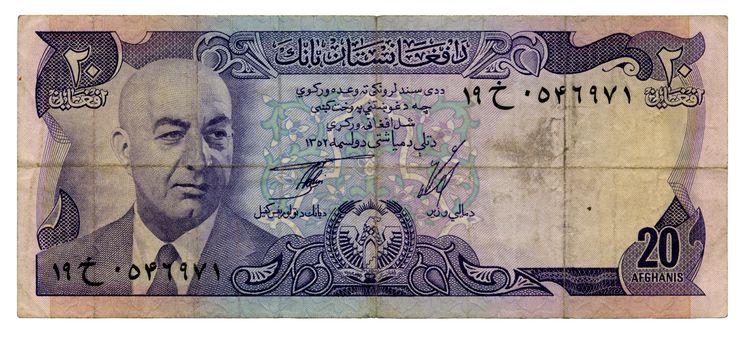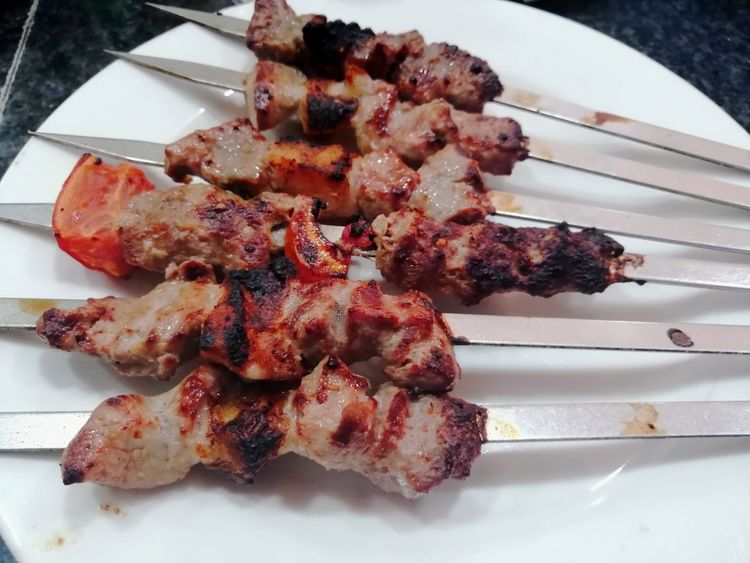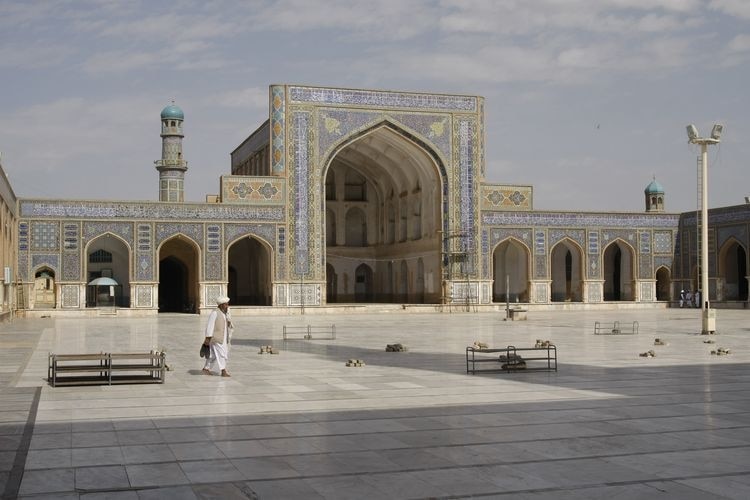Afghanistan Travel Tips and Information
Official Name
Islamic Republic of Afghanistan
Capital
Kabul
Population
Country Code
Approximately 43 million
AF
Country Code (international calls)
+93
The flight time to Afghanistan is approximately ---- hours. Check the climate, currency, religion, manners, other information of Afghanistan below. Wishing you pleasant travels to Afghanistan.
Afghanistan is a country located on the Eurasian continent. Afghanistan is adjacent to the Kashmir region.
Local Climate / Weather
Afghanistan experiences a continental climate with distinct seasons, each bringing unique conditions and attractions. Summers are typically hot and dry, especially in lowland areas like Kandahar, where temperatures can exceed 35°C (95°F) during peak months. Winters are cold, particularly in the mountainous regions, with temperatures often dropping below freezing and snowfall common in cities like Kabul and Bamiyan. Spring and autumn are milder and ideal for travel, offering pleasant weather and fewer extremes, which make sightseeing more comfortable. For seasonal travel, the best times to visit Afghanistan are spring (March to May) and autumn (September to November). During these months, temperatures are moderate, and conditions are generally ideal for exploring the country’s historical sites, natural landscapes, and bustling markets. Spring brings blooming wildflowers in rural areas, while autumn offers clear skies and comfortable temperatures. Travelers should avoid the peak of summer unless heading to the cooler highland regions and be prepared for cold and sometimes challenging conditions if visiting in winter.
Currency & Tipping
Currency
Afghanistan’s official currency is the Afghan Afghani (AFN), used for everyday transactions across the country. Banknotes come in various denominations, these are the nine denominations of banknotes: 1, 2, 5, 10, 20, 50, 100, 500, and 1000 Afghani, and three denominations of coins: 1, 2, and 5 Afghani. While some larger establishments in major cities may accept U.S. dollars, it’s best to carry Afghanis for convenience, especially in rural areas.
Tipping
Tipping is not a strict custom in Afghanistan, but it is appreciated, especially in urban areas and more tourist-friendly establishments. In restaurants, a 5-10% tip is considered generous if a service charge is not already included. For taxi drivers or hotel staff, rounding up the fare or offering a small gratuity is courteous but not expected. Being mindful and respectful of local customs is always encouraged to make your interactions smoother and more culturally appropriate.
Useful Travel Information

Voltage & Electrical Outlets
Afghanistan operates on a voltage of 220V with Type C and F outlets, the same as in many European countries. Travelers may need a plug adapter if their devices have a different plug type, although voltage converters are generally unnecessary for most electronics.

Internet Connectivity
The internet environment in Afghanistan is gradually improving, with access available in major cities like Kabul and Mazar-i-Sharif. However, internet speeds can be slow and inconsistent, especially outside urban areas. Wi-Fi is common in hotels and some cafes, but travelers should not rely on constant access. Purchasing a local SIM card with data is an option for more reliable connectivity, although coverage in remote areas can be limited.
Water for Consumption (Drinking Water)
Drinking water in Afghanistan is generally not safe to drink from the tap, so it’s advisable to rely on bottled water, which is widely available. Boiling water or using purification tablets can also be effective if bottled water is not accessible. Staying hydrated is important, especially in hot, dry regions, so travelers should ensure they have safe drinking water on hand at all times.
Culture, Religion & Social Etiquette
Culture
Afghanistan’s culture and traditions are deeply rooted in its history and influenced by Persian, Central Asian, and Islamic customs. Hospitality is highly valued, and guests are often treated with great respect. Traditional music, art, and dance play a role in celebrations, while Afghan cuisine emphasizes flavorsome dishes that reflect the country’s heritage. Exploring local markets and cultural sites can give travelers a rich, immersive experience in Afghan culture.
Religion
Islam is the predominant religion in Afghanistan, with nearly the entire population adhering to Islam, primarily Sunni, with a smaller Shia community. Religious practices, such as daily prayers and observance of Islamic holidays, are central to Afghan life, and travelers are expected to respect local customs, such as modest dress and avoiding disruptions during prayer times. Understanding these religious practices can help visitors engage respectfully with Afghan locals.
Social Etiquette
Manners and etiquette in Afghanistan are shaped by Islamic and cultural values, emphasizing respect and politeness. Handshakes are common between men, but physical contact between unrelated men and women in public is usually avoided. It’s polite to remove shoes when entering homes and to accept tea or refreshments as a sign of hospitality. Observing these social norms can help travelers build positive interactions and enjoy a welcoming experience in Afghanistan.
Food Culture
Afghanistan’s food culture is rich and flavorful, blending Middle Eastern and South Asian influences into a unique culinary experience that travelers will enjoy. Afghan cuisine often features hearty dishes like kebabs, pilaf (known locally as kabuli pulao), and dumplings such as mantu and ashak, typically spiced but not overly hot. Street food is popular in cities, with stalls selling delicious treats like bolani (stuffed flatbread) and samosas, perfect for quick snacks. For a sit-down meal, recommended local restaurants in Kabul, such as Boccaccio and Sufi Restaurant, offer authentic Afghan dishes with a warm, welcoming atmosphere. Exploring the food scene is an unforgettable part of traveling in Afghanistan, with each dish offering a taste of the country’s cultural heritage.
Major Tourist Attractions & UNESCO World Heritage Sites
Major Tourist Attractions
Afghanistan is home to several major tourist destinations that showcase its rich history and natural beauty, offering travelers unique experiences. In Kabul, the vibrant capital city, visitors can explore the Kabul Museum, which houses artifacts that span Afghanistan’s storied past, or visit the serene Gardens of Babur, a beautifully restored historical garden ideal for a relaxing afternoon. Bamiyan, famous for the now-destroyed giant Buddha statues, offers stunning scenery and opportunities to hike through the picturesque Band-e-Amir National Park, Afghanistan's first national park, where turquoise lakes contrast against the rugged landscape. For adventure-seekers, the Wakhan Corridor in northeastern Afghanistan provides breathtaking mountain treks and a chance to connect with traditional Wakhi and Kyrgyz communities.
UNESCO World Heritage Sites
Afghanistan also boasts significant UNESCO World Heritage Sites that reflect its cultural and architectural heritage. The Minaret of Jam, a striking 12th-century tower located in Ghor Province, is one of the world’s finest examples of Islamic architecture, with intricate calligraphy and breathtaking mountainous surroundings. Another must-visit is the Cultural Landscape and Archaeological Remains of the Bamiyan Valley, where visitors can explore remnants of Buddhist monastic complexes and cliff carvings. For those fascinated by history, these heritage sites provide a unique glimpse into Afghanistan’s role as a cultural crossroads along the ancient Silk Road, making it a meaningful destination for travelers interested in world heritage and archaeology.
Travel FAQs
What is the safety situation in Afghanistan like? What should people be careful of?
Afghanistan remains a high-risk destination due to ongoing terrorism, civil unrest, and crime. The U.S. Department of State has issued a Level 4: Do Not Travel advisory for Afghanistan, citing threats such as terrorism, risk of wrongful detention, civil unrest, kidnapping, and crime. Travelers should exercise extreme caution, avoid non-essential travel, and stay updated on current security advisories.




